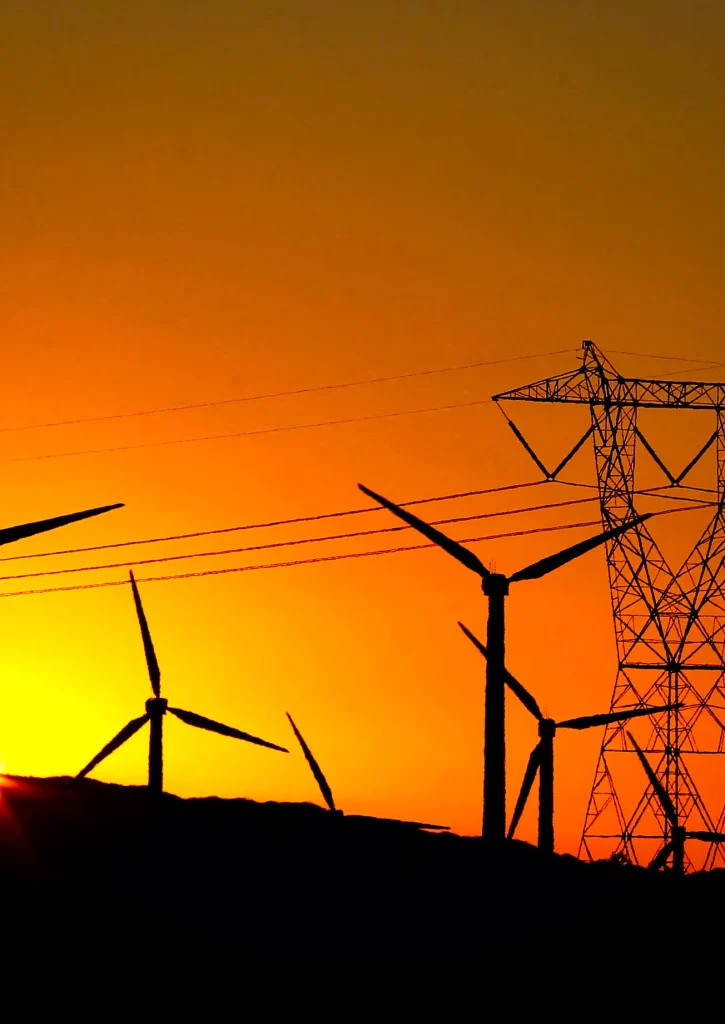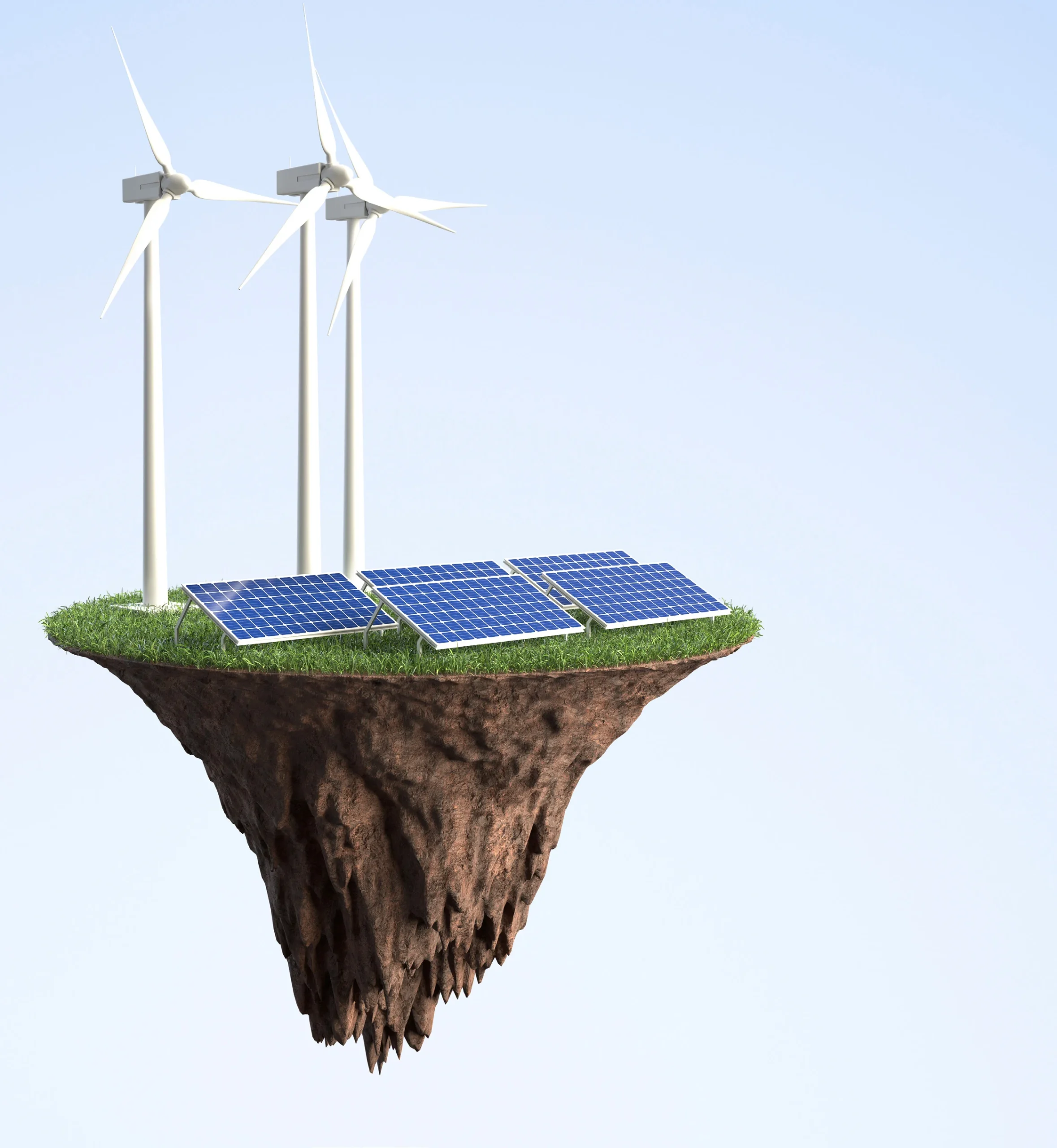One of ASCENT’s key strategies is the Multiphase Programmatic Approach (MPA), which ensures that up to 20 countries in the region can participate.
International Development Association eligible countries will receive funding from the ASCENT envelope, while countries like Angola, Botswana, Eswatini, Namibia, and South Africa can access the program through International Bank for Reconstruction and Development (IBRD) borrowing and other associated financial platforms.
The Common Market for Eastern and Southern Africa (COMESA) and the World Bank launched the Accelerating Sustainable and Clean Energy Access Transformation (ASCENT) program earlier this month.
The $5 billion forward-looking initiative seeks to provide new sustainable and clean electricity connections to at least 100 million people.
This includes both grid and off-grid power connections. The program also aims to address the energy needs of women, who stand to benefit more from improved energy access and clean cooking alternatives.
The program was officially launched on the 4th of June in Lusaka, Zambia, with COMESA Secretary General Ms. Chileshe Mpundu Kapwepwe and World Bank Director of Regional Integration for Africa and MENA, Dr. Boutheina Guermazi leading the event.
They were joined by Zambia’s Minister of Energy, Honourable Peter Kapala, showing the collaborative effort among regional and international stakeholders to address the energy crisis.
The ASCENT program will be backed by the International Development Association’s (IDA) $5 billion funding envelope.
Additionally, the initiative aims to mobilise an extra $10 billion from various partners, including development agencies, governments, national utilities, private-sector investors, carbon markets and philanthropic entities.
In her remarks, Ms. Guermazi emphasised the importance of reliable and affordable energy access for regional integration.
“Ensuring access to reliable and affordable energy for all is a key element of the World Bank Regional Integration Strategy for Africa,” she stated.
She said the ASCENT program was crucial for boosting trade, enabling digital transformation, attracting investments and accelerating the flow of knowledge and innovation across the region.
In her speech, Ms. Kapwepwe pointed out the need for a holistic approach to address energy challenges, which includes policy and legal reforms, technical assistance, capacity building and outreach activities.
She endorsed the ASCENT program for embedding these elements into its design, which she said made it a robust framework.

Honourable Kapala also stressed the significance of innovative financial instruments in mobilising resources for sustainable energy. “Financial instruments such as blended finance play a vital role
in de-risking projects and attracting private funds,” he said, pointing to the importance of creative financial frameworks to support the program’s objectives.
The ASCENT program represents a bold step forward in addressing the lack of energy access in Eastern and Southern Africa. By leveraging substantial financial resources and adopting a comprehensive, inclusive approach, the program will improve the quality of life for millions.
Text: Farai Chaka

